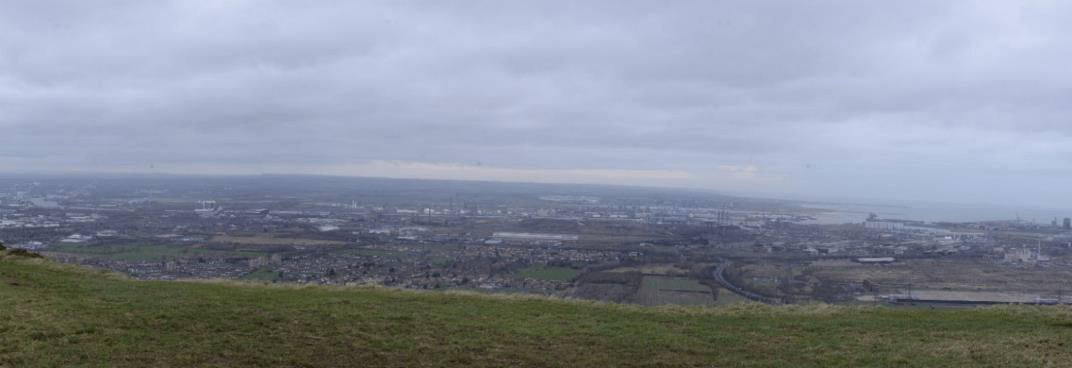24 July 2020
|Councils join forces for £2.1bn energy and waste project
Councils across the North East are joining forces to better dispose of rubbish from 1.5 million residents through a potentially £2.1 billion, 40-year project.

Five Tees Valley borough authorities – Darlington, Hartlepool, Middlesbrough, Redcar and Cleveland, and Stockton - Durham County Council and Newcastle City Council want to build a new “Energy Recovery Facility” in the region.
And that could see 450,000 tonnes of waste a year being used to generate electricity, and potentially heating nearby homes and businesses.
'Better for the environment'
A spokesperson for the project said: “While we would obviously urge everyone to recycle as much as possible, we appreciate that not all rubbish can be repurposed.
“We know that the volume of non-recyclable material we have to deal with is only likely to increase as our population and household numbers grow.
“The Government is also expected to widen the definition of municipal waste to include similar commercial and industrial leftovers.
“By joining forces the seven councils can create a new facility using the latest technology, reducing the amount of waste that is sent to landfill, which is better for the environment.
“The commercial opportunity this proposed plant also presents could mean that we can generate significant income, thereby offsetting costs for the taxpayer.”
What is an Energy Recovery Facility?
Energy Recovery Facilities are effectively power stations that generate electricity and heat through the controlled burning of rubbish.
The proposed Tees Valley ERF, on a on a 25 acre brown-field site in Redcar and Cleveland currently owned by the South Tees Development Corporation, would use around 450,000 tonnes of waste a year.
Where will the waste come from?
By 2025, it is estimated that the five Tees Valley councils will collectively generate around 200,000 tonnes of that – a figure only likely to increase as a result of housing and population growth.
A further 200,000 tonnes could come from the two larger council areas to the north, with any spare capacity offered for commercial waste disposal, which would generate income.
Renewable energy for thousands of homes
New ERFs are up to five times more efficient at reducing carbon emissions compared to some Energy from Waste facilities, saving thousands of tonnes of greenhouse gasses from being released into the atmosphere each year as a result of the North East’s rubbish.
At the same time the plant would be a source of renewable electricity with a capacity of up to 49.9 megawatts – enough to meet the needs of more than 32,000 homes.
£300m investment & hundreds of jobs
With the project representing a capital investment of up to £300 million, and the total value of the contract being £2.1 billion over an initial contract of 29 years, and a possible 11 year extension, the councils have today (July 24) begun a Europe wide search for a contractor to build and run the new facility.
It is hoped to have that partner in place by December 2021, with the construction phase creating over 300 jobs.
Once up and running, by 1 April 2026, the ERF would then create a further 40 permanent positions.
Find out more
Details of the procurement notice, number 350833-2020, can be found on the Official Journal of the European Union website at https://ted.europa.eu.
If you would like to give us feedback on our website, please complete this short online form.




